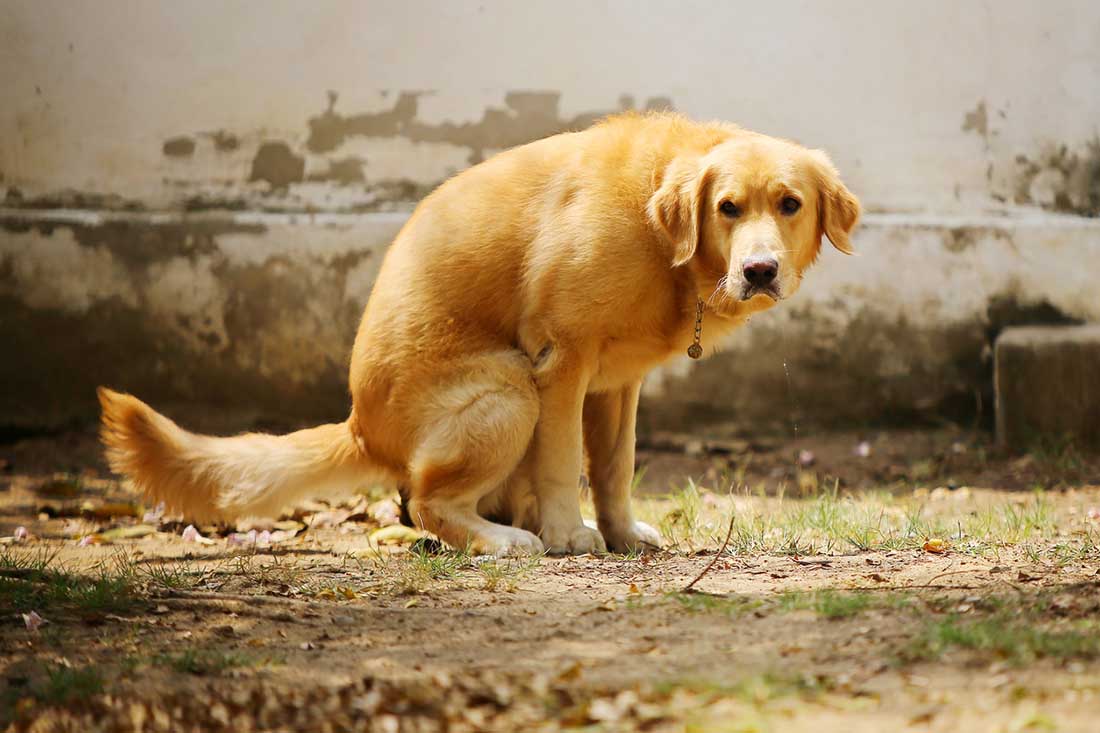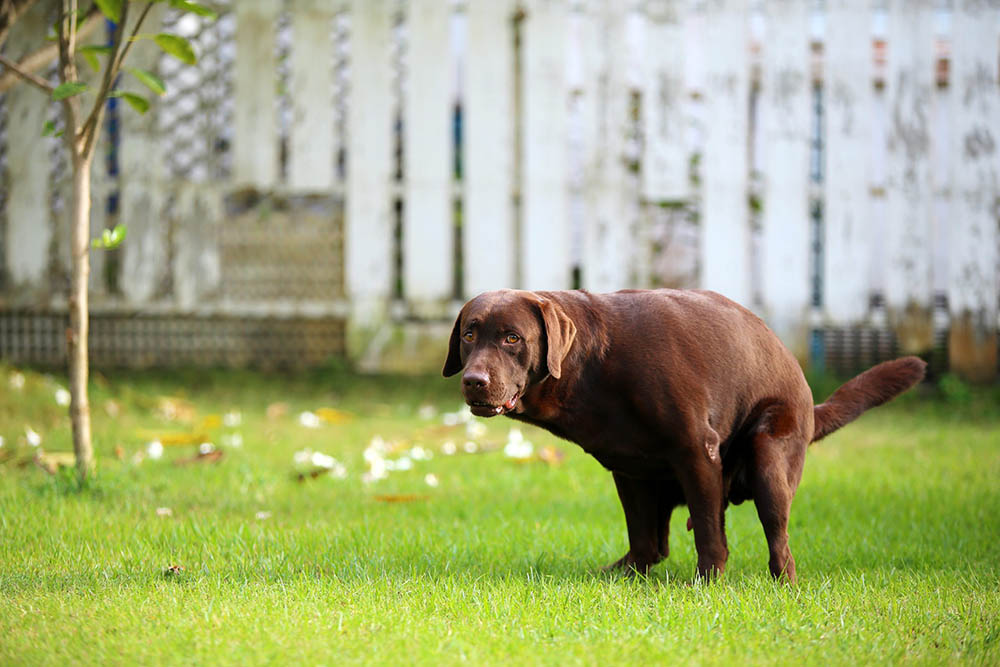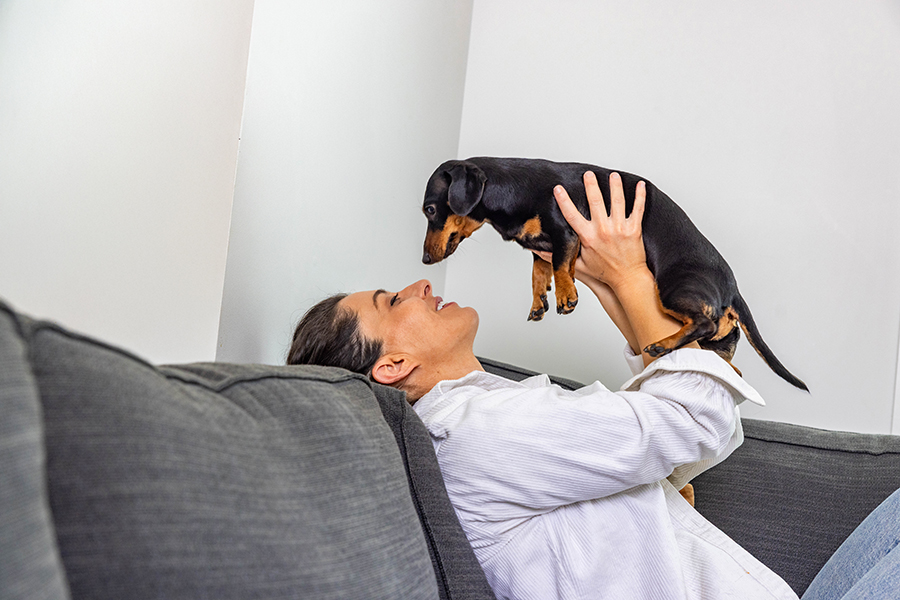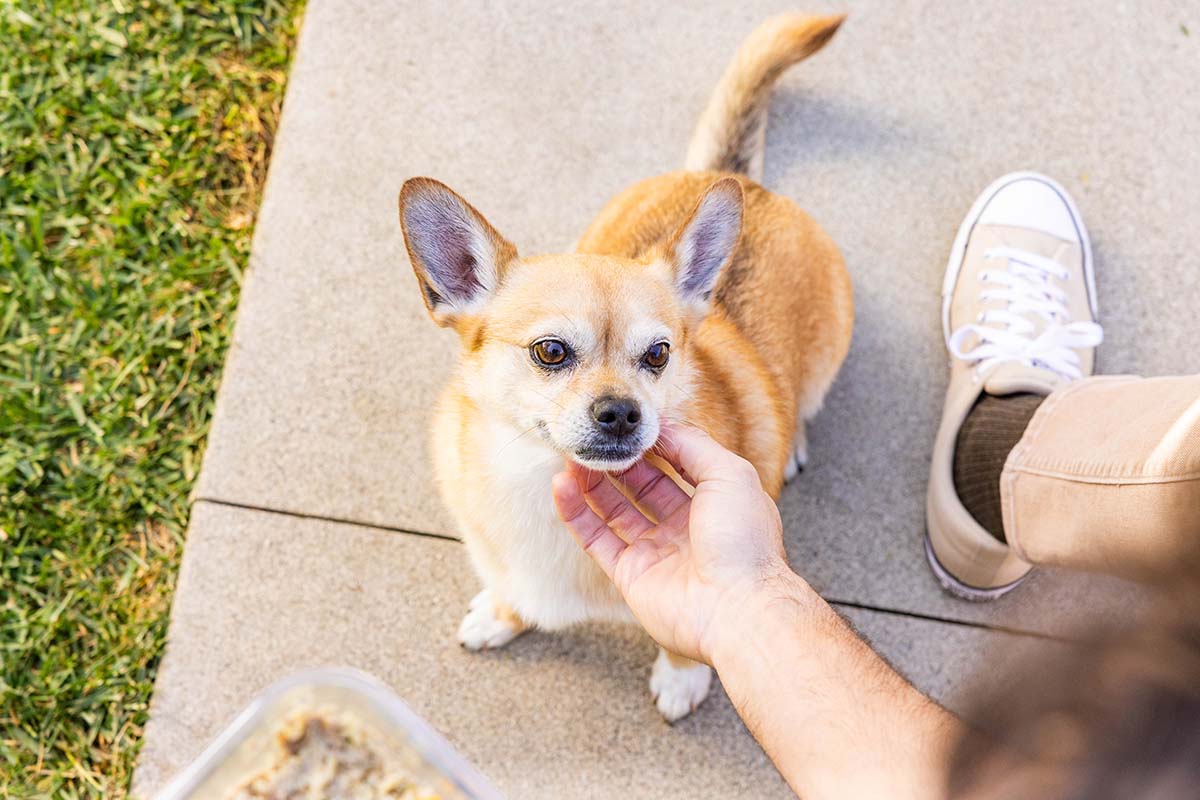Dog Diarrhea: What Does It Mean?
When it comes to your dog’s poop, it takes some investigative work to see what their bodies are trying to tell you.
Why does your dog have diarrhea? The truth is in the poop.
That’s right, we said it! Keeping an eye on our dog’s stools, albeit not the most appealing activity, is one of the ways we monitor your dog’s health.
We don’t like to think about the inevitable diarrhea days (and the mess that comes with them), but they do happen. While we can’t predict it, as owners we need to become familiar with the different types of stools and learn the possible causes to help our vets pinpoint the problem.
Before you learn about the types of diarrhea, you’ll need to understand how and why it happens.
It’s important to know that diarrhea is not a disease, but rather a symptom of a variety of concerns. According to Ernest Ward, DVM, diarrhea is “the result of increased speed of passage of fecal material through the intestine, combined with decreased absorption of water, nutrients, and electrolytes.”
Why Do Dogs Get Diarrhea?
A variety of health conditions, accidents, dietary indiscretions, and more can cause intestinal distress. Some of the most common causes of diarrhea in dogs include:
- intestinal infections
- bacterial infection or virus (i.e. distemper)
- intestinal parasites (i.e. hookworms, roundworms)
- ingestion of a foreign object
- stress
- new food/diet changes
- food allergies
- human medications
Intestinal and gastrointestinal infections in dogs can come from bacteria, viral infections (such as parvovirus), parasites (like coccidia, giardia), salmonella, and more.
Another cause of an upset stomach that we pet owners know all too well is the consumption of inappropriate items, such as garbage, table scraps, household materials, or human food that is not suitable for dogs. Items like this can get into their digestive tract.
Other dishonorable mentions include stress caused by changes in their environment, switching dog foods, illnesses, and allergies.
In addition, if your dog is on a new medication, diarrhea could be a site effect.
There are many different types of diarrhea in dogs. Knowing their characteristics can help pet parents determine what to do to help their pet, whether it means switching food or visiting your veterinarian for further resolution of a health issue.

Acute vs. Chronic Diarrhea
Acute diarrhea is usually be treated at home. Your veterinarian may recommend to withhold food for an extended period—around 12 to 24 hours—to allow the intestinal tract to rest, and provide water to ensure your pup is adequately hydrated. Small, bland diets would then be the next step to allow your pup’s sensitive tummy to ease back into solid foods. Chicken and white rice is typically recommended.
As always, check with your vet before doing this because some dogs don’t need fasting, and doing so could cause more issues, especially if the diarrhea is not acute and followed by vomiting. They may simply recommend adding a probiotic supplement to your dog’s diet to support their gut and gi tract.
If loose stools happen more frequently and for an extended period, it may be a sign of a more serious underlying cause. If your pooch experiences lethargy, vomiting, or weakness in addition to bouts of diarrhea, then it requires veterinary attention.
Chronic diarrhea can mean disorders such as inflammatory bowel disease (IBD), kidney and liver disease, pancreatitis, cancers, colitis, or food intolerances. Always defer to your vet to properly diagnose these concerns with tests and blood work so that they can be accurately treated.
What Dog Diarrhea Means

If your dog has episodes of diarrhea, your vet may also ask you some questions about the GI upset, including if there is mucus or blood. It may sound a bit off-putting, but stools will tell a story that can be quite important. While you are monitoring your pet at home, make sure to keep track of what they ate before the diarrhea occurred:
- Did they ingest anything non-food related or an item that could upset their stomach and cause a blockage?
- How much water did they consume?
- What have their bowel movements been like (consistency and color)?
- How often do they happen?
- Is it bloody diarrhea?
It can also be quite helpful to save a sample of the stool if it needs testing by your vet at the animal hospital. If you have multiple dogs, be sure to check and see if they all have the same symptoms, or is it just affecting one of your furbabies.
When it comes to your dog’s poop, it takes some investigative work to see what their bodies are trying to tell you. Be mindful of what your dog is eating, the regularity of their bowel movements, and how their diet and lifestyle affect their overall health. While some causes of diarrhea may be resolved in a few days, others may require regular management throughout your pet’s lifetime.
This content is for informational use only and does not replace professional nutrition and/or medical advice, diagnosis, or treatment. It is not a substitute for and should not be relied upon for specific nutrition and/or medical recommendations. Please seek veterinary care about any questions or concerns.
Citations
“Diarrhea.” n.d. Veterinary Teaching Hospital. https://hospital.vetmed.wsu.edu/2022/01/04/diarrhea/.
Candellone, Alessia, Matteo Cerquetella, Flavia Girolami, Paola Badino, and Rosangela Odore. 2020. “Acute Diarrhea in Dogs: Current Management and Potential Role of Dietary Polyphenols Supplementation.” Antioxidants 9 (8): 725. https://doi.org/10.3390/antiox9080725.









